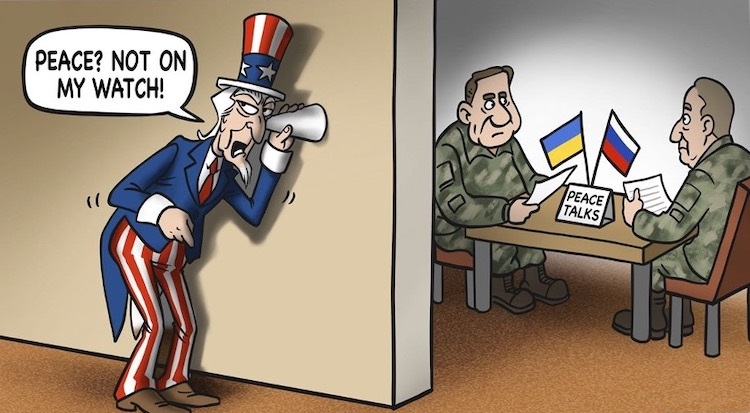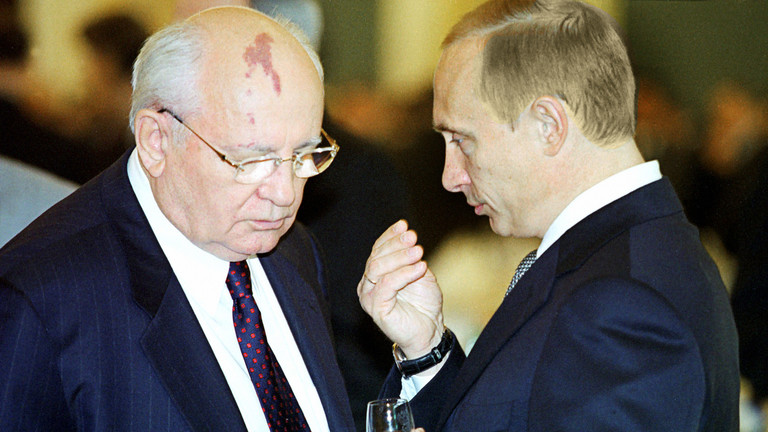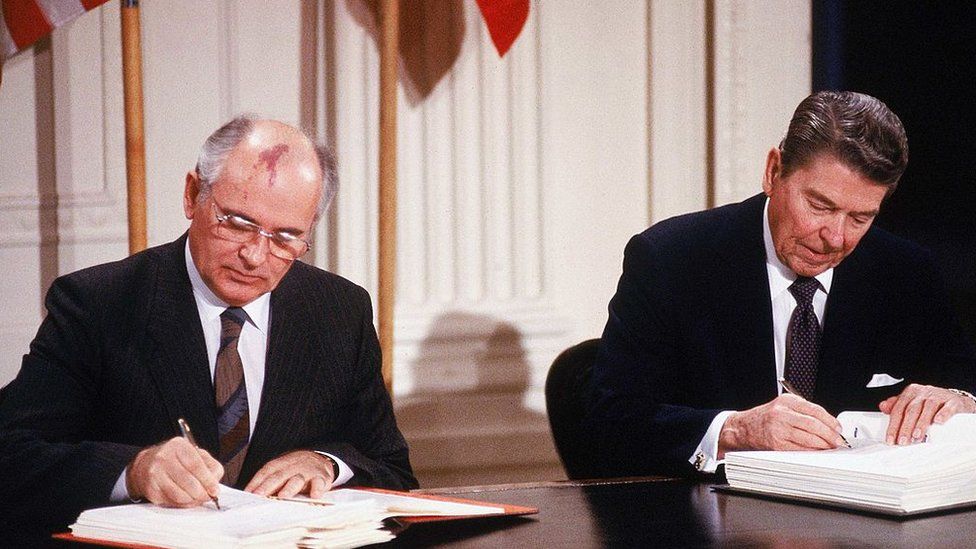The referendum held by Ukrainians in Donetsk, Luhansk, Kherson and Zaporizhia regions from September 23 to 27 on joining Russia has ended.
A referendum held in these four regions of Ukraine will undoubtedly include those regions in Russia. Despite the opposition of the European Union and the Western countries, this referendum has sent a message to the Western countries and especially the United States that are indirectly fighting with Russia by pushing Ukraine forward, that Russia will not back down from the war under any circumstances. Taking precedent of the fact that the United States and NATO recognized Kosovo as an independent country in 2008, Russia annexed Crimea to its territory in 2014 and again will include four regions of Ukraine in its territory giving an example of Kosovo.
Ukraine’s referendum has become a serious challenge to the US and Western countries, which are indirectly fighting the Ukraine war to weaken Russia. If the Western countries, which are continuously supporting Ukraine with arms and money, wanted to stop the Russia-Ukraine war and move forward with the peace talks, yesterday they could have done so only on the condition that Russia would withdraw its troops and Ukraine would not join NATO. But today the conditions for peace talk might include the four regions of Ukraine annexed by Russia to be returned, which Russia will never agree with.
By promising to help Ukraine to fight the war against Russia, America is prolonging the Russia-Ukraine conflict and now it has reached a situation where the war will not stop even if it wants to. In the meantime, the issue of how to help Ukraine and what to help has become a challenge for America. In this sense, the Ukraine war was a conflict between Russia and America and even today this war is indirectly a war between Russia and America. Because Ukraine did not have the power to fight a war against Russia yesterday and still does not have it today. Therefore, the US wants to prolong the war to weaken Russia on the one hand, and on the other hand to increase its arms sales. But after the referendum, Russia has openly challenged the use of nuclear weapons to protect the territories annexed by Russia. After this incident, Russia has decided to deploy weapons and troops in full capacity, considering the territory as Russia’s border.
Ukraine’s next path is to seek help from Western countries to return the lost territory or to give up the lost territory and negotiate peace. But the US still wants to prolong the Russia-Ukraine conflict and weaken Russia. Therefore, the possibility of peace talks is very low. Also, Europe and America have declared that the referendum and its results are not valid. But that declaration will not make any difference to Russia and Russia will now provide full security to that territory. Now, in this scenario, if the US still wants to prolong this war, the US and NATO countries, which have been fighting the Ukraine war against Russia in the background until now with weapons and financial support, will have to come directly to the war and if that happens, the next direct war will not be Russia vs. Ukraine, but Russia vs. America and NATO nations.
If indeed NATO nations and the US join forces against Russia, Russia will have no choice but to start a nuclear war. But the possibility of direct military intervention against Russia by the NATO countries that understands America’s war policy is very low, and America does not have the ability to fight a war with Russia alone without the support of NATO countries. Another thing is that as the US mid-term elections approach closer, the US itself is less likely to join the war directly. In order for the US to join the war directly or stand up more aggressively in favor of Ukraine, the US Senate and its majority members and the American people will have to approve . In American politics, a unilateral decision by the president can make no big difference. But in the case of President Putin and Russia, this scenario is completely reversed. Therefore, if the Russia-Ukraine war continues, Ukraine will have to face more crisis.
Image: Global Times


 NP
NP


